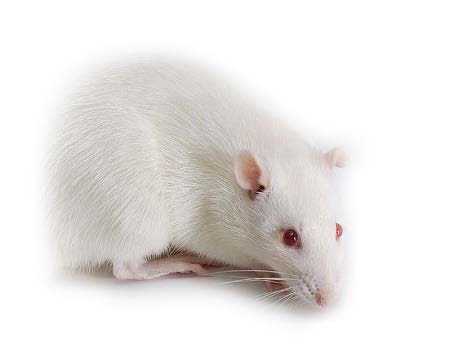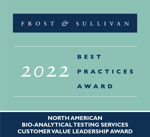Typically heterozygous rats are cryo-recovered in 10-12 weeks to an age of 7 weeks old. Subsequently homozygous rats to an age of 7 weeks old can be produced within 20-22 weeks.
- Background strain: Sprague Dawley
- Homozygous knockout rats display total loss of protein via Western blot
Availability: Cryopreserved as heterozygous embryos
The Prkdc gene encodes the catalytic subunit of a nuclear DNA-dependent serine/threonine protein kinase (DNA-PK). DNA-PK is required for the non-homologous end joining (NHEJ) pathway of DNA repair, which rejoins double-strand breaks. It is also required for V(D)J recombination, a process that utilizes NHEJ to promote immune system diversity. Mature B and T cells are critical components for an adaptive immune system. DNA-PK knockout rats have severe combined immunodeficiency (SCID) and lack of both B and T cells, due to their V(D)J recombination defect. Rats deficient in the Prkdc gene produce no mature B, T or NK cells. This SCID rat is a useful model for cancer, xenografts, vaccine development, and autoimmune and infectious disease study.

Available regions:
For pricing please contact us using the phone number above
 us
us
- Immunology
- Cancer metastasis
- Oncology
- Tumor cell growth
- Xenograft






